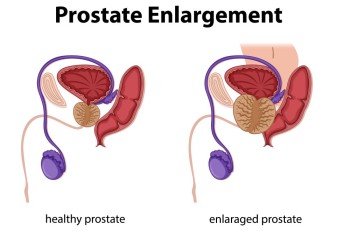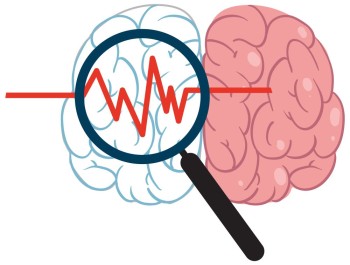
₹8,000
₹10,000
Delve into the intricacies of the MRI Brain with Optic Nerve protocol, a specialized imaging procedure designed to scrutinize the brain structures and specifically focus on the optic nerves.
Category:
MRI Scan



